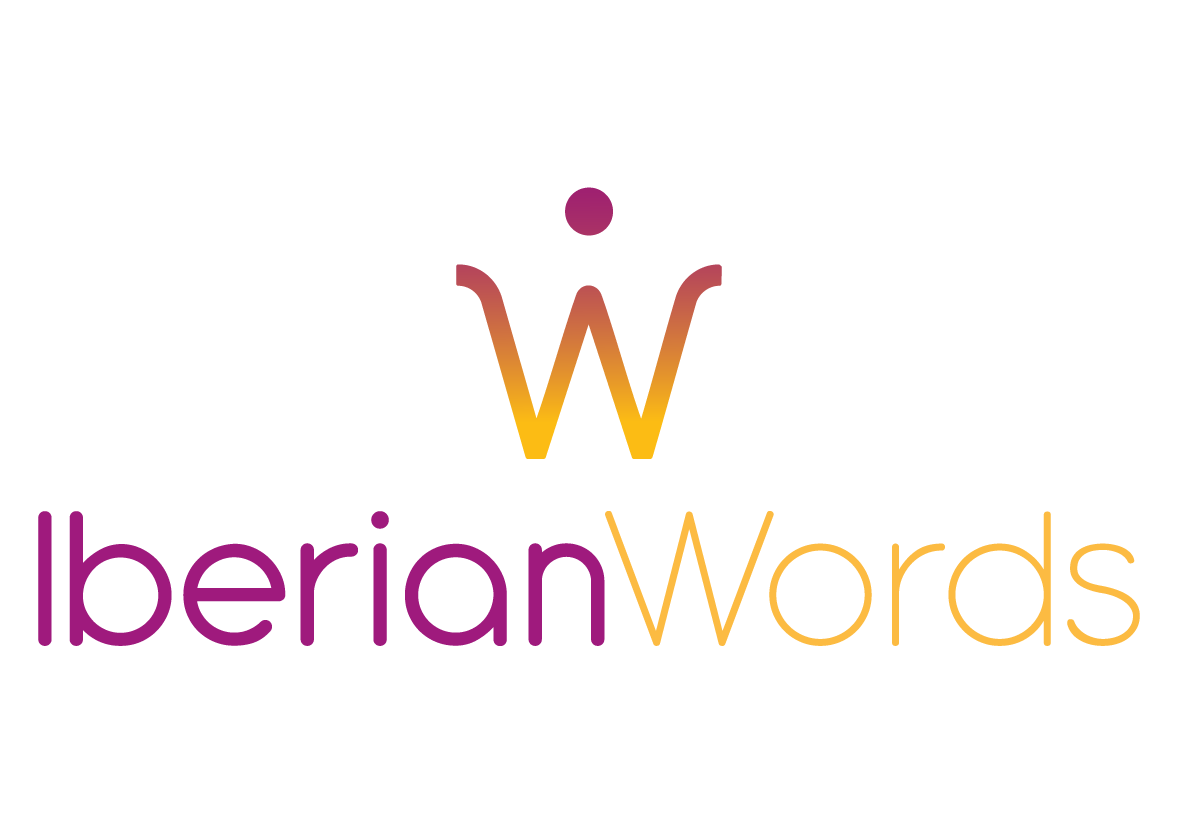Maybe you’ve found yourself in need of translation services in the past. Or maybe, thanks to the COVID-19 pandemic, you’ve been considering digitalizing your business and translating your content to tap into new markets. Either way, odds are you don’t know where to look or what you need to consider when hiring a translator.
If finally you’ve decided to take the plunge and look for someone to translate your content, you need to take various things into account. But for me, there’s one thing that’s absolutely vital if you want to make sure your company’s content is top quality: the translator you decide to work with needs to be a native in the language they’re going to translate into. They need to be translating into their mother tongue.
Seeing as the 21st of February was International Mother Language Day, I’ve picked the three reasons why, in my opinion, it’s well worth working on your multilingual communication strategy with a native translator.
Let’s take a look at them:
1. Native translators produce high quality texts
To put it simply, a native translator is someone that translates one or several foreign languages (or working languages) into the language they’ve generally communicated in since they were a child.
However, and despite what a lot of people think, being a native speaker of a certain language and having knowledge of foreign languages doesn’t automatically make you a translator.
Translation is a skilled profession, and to be able to do it well you need plenty more weapons in your arsenal, such as:
- Writing techniques
- Knowledge of grammar, syntax and spelling in your native language and working languages
- Knowledge of specific vocabulary related to certain areas or topics
These skills mean a translator can understand the original text and produce a new, accurate, high-quality text in their native language.
And that means professional native translators are great people to have on your side when you’re taking a business across borders. Thanks to their knowledge and skills they produce texts that are clear and easy for potential clients to understand.
2. Native translators are also cultural advisers
As we’ve already mentioned, linguistic skills are extremely important for a translator. But they’re not the only skills that count when it comes to producing quality translations.
A translator also needs to have an in-depth knowledge of the cultures associated with their working languages and native language, or the culture of the translation’s target audience.
Working with a professional that knows the cultural differences between the original and target countries can be very helpful, and could even save you a few headaches. For example, a translator can let a company know if their name or the name of one of their products would be offensive in the target culture, or even if the brand colours don’t communicate the same message.
3. Native translators help to improve your brand’s reputation
These days, internationalization and your digital presence go hand in hand. And when it comes to digital presence, there’s no doubt that quality texts and good adaptations are two things that help to improve any company’s brand images and visibility.
When deciding how much visibility to give them, algorithms look at engagement, or the way users interact with a brand. Engagement is measured by how many likes or comments a post receives, the number of times it’s shared, the number of followers a profile has, etc.
Quality content is key to that engagement. However, lots of companies stick to only posting content in one language, often English, because they think they’ll reach a wider audience. And that’s a mistake.
Companies that opt for monolingual strategies are ignoring the fact that 90% of European consumers prefer to buy in their native language. Don’t forget that social media and content marketing are tools that can bring you closer to potential clients. Do you really want to miss the chance to boost your sales just because you don’t speak your client’s language?
These days, a multilingual digital content strategy is one one of the best things a company can focus on if they want to expand and tap into new markets. And making sure all your content is translated well will boost your chances of interacting with clients from other countries.
Why is it important to keep cultural and linguistic diversity in mind when you’re expanding?
Although the use of English is widespread, today’s global society is undeniably plurilingual and multicultural. That’s why a multilingual comms strategy can be your best friend if you want to take your business international whilst:
- Winning your clients’ trust.
- Not losing traffic or sales because the client doesn’t understand what you’re selling.
- Standing out from the competition.
- Improving your engagement.
- Improving your SEO and conversion rates.




